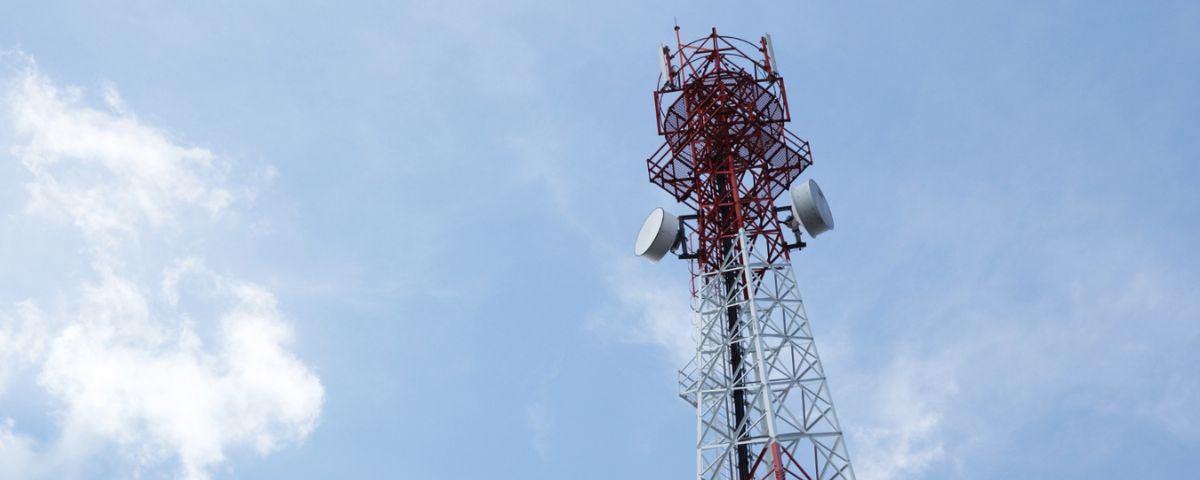
The Telecom Regulatory Authority of India (TRAI) has proposed the adoption of both active and passive infrastructure sharing among telecom service licensees to enhance resource utilization. In addition, TRAI recommended inter-band spectrum sharing between service providers within a licensed service area (LSA). Moreover, TRAI suggested exploring the feasibility of enabling service providers to access globally harmonized spectrum bands assigned to government agencies or other non-telecom entities through authorized shared access (ASA) technique-based spectrum sharing. The authority also provided recommendations for spectrum sharing, trading, and leasing, which are now permitted under the new Telecommunications Act of 2023.
Presently, the sharing of active infrastructure is restricted to specific elements such as antennas, feeder cables, Node B, Radio Access Network (RAN), and transmission systems. However, TRAI has expanded this to include all active infrastructure elements, including core network elements owned and operated by telecom service providers (TSPs). Nonetheless, TRAI specified that sharing of core network elements cannot reduce the number of independent core networks for a particular telecom service to less than two.
Regarding passive infrastructure, operators can already share elements such as buildings, towers, electrical equipment, dark fiber, duct space, and right of way. The recommendations proposed by TRAI will require approval from the Digital Communications Commission (DCC), the highest decision-making body of the Department of Telecommunications. TRAI emphasized that universal service providers involved in the ministry’s universal service obligation fund (USOF) projects cannot refuse to share passive infrastructure laid under the project with at least two other carriers.
TRAI also suggested permitting inter-band access spectrum sharing between telcos in a service area, which can be implemented through pooling of spectrum in different frequency bands or allowing partner providers to use each other’s radio access networks. Moreover, TRAI allowed leasing of up to 50% of spectrum holdings acquired through auction or trading, subject to a non-refundable sharing fee of 0.5% of the applicable market price of the frequency shared.
TRAI recommended inter-band spectrum sharing in various frequency bands and imposed conditions to ensure the existence of at least two independent wireless networks post-sharing. Additionally, TRAI mandated a two-year lock-in period for sharing any frequency acquired through auction or trading, with the amount received under the sharing agreement forming part of the operators’ adjusted gross revenue (AGR) for levying license fees and spectrum usage charges.



